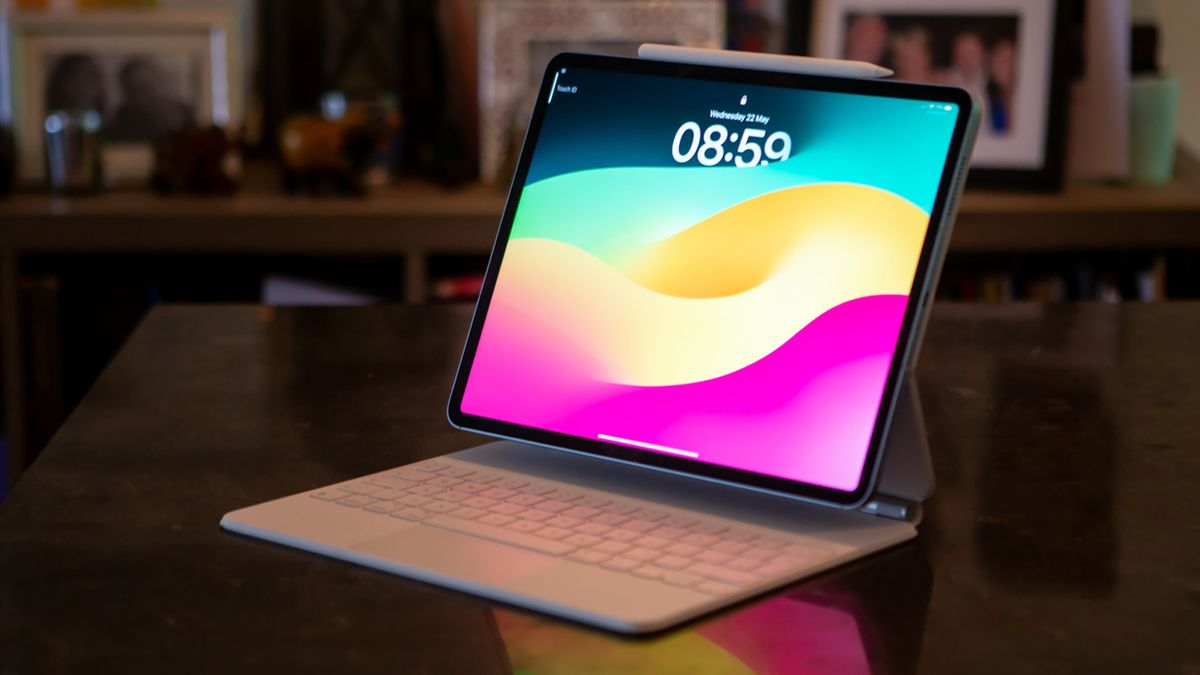
Apple's first foldable could come with an unexpected feature, claims expert
- 20.03.2025 14:37
- t3.com
- Keywords: Success
Apple's foldable device may run on macOS instead of iPadOS, according to analyst Jeff Pu. This suggests a hybrid design combining MacBook features with a foldable display.